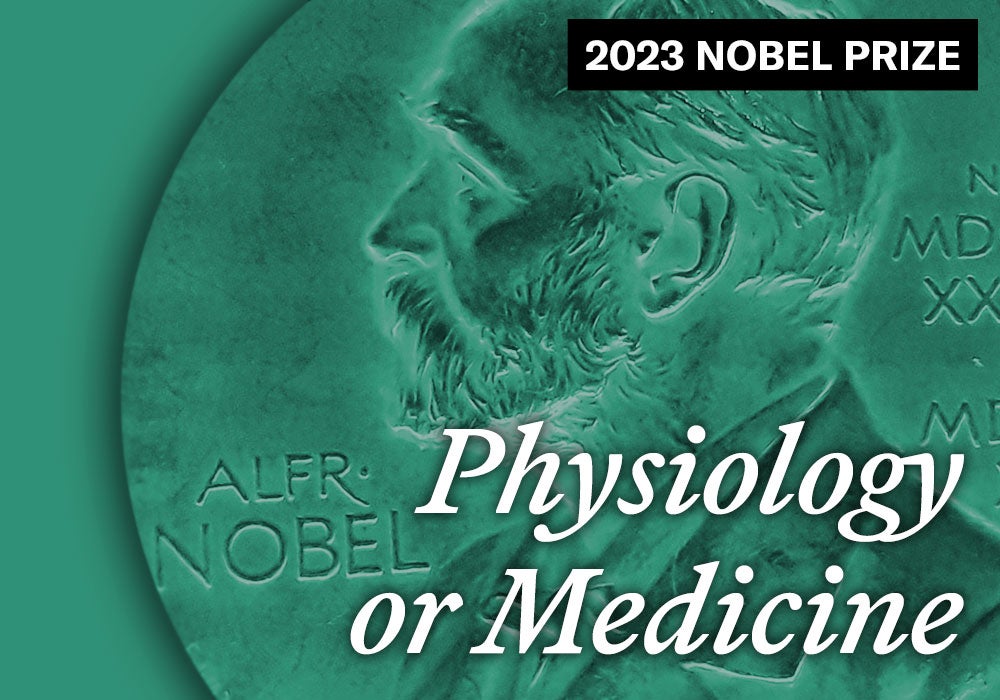[ad_1]

This year’s Nobel Prize in Physiology or Medicine goes to a transformative medical technology that significantly altered the path of the pandemic and saved millions: the mRNA vaccine against COVID-19. Katalin Karikó and Drew Weissman were jointly awarded the prize for their advancements that changed the field of vaccine development and researchers’ understanding of how messenger RNA (mRNA) interacts with the body’s immune system.
Karikó and Weissman first published their seminal work on mRNA vaccines in 2005 when they worked together at the University of Pennsylvania. Their research overcame major obstacles to the use of in-vitro mRNA (synthetic) technology, such as the inflammatory response by the body that involves the production of harmful cytokines. During the pandemic, the mRNA technology led to the production of a highly effective vaccine against SARS-CoV-2, the COVID-causing virus, and particularly one that was highly flexible and adaptable for large-scale rollout.
“What’s important here I think is that vaccines can be developed so fast, and this was as we just heard, largely due to improvements in technology and this basic discovery that allowed this,” Gunilla Karlsson-Hedestam, a member of the 2023 Nobel Committee for Physiology or Medicine, said at this morning’s announcement.
Karikó was born in 1955 in Szolnok, Hungary. In 1989, she became an assistant professor at the University of Pennsylvania, where she remained until 2013. She is now senior vice president at BioNTech RNA Pharmaceuticals—a major manufacturer of the COVID vaccines. She is also a professor at Szeged University and an adjunct professor at Perelman School of Medicine at the University of Pennsylvania.
Weissman was born in 1959 in Lexington, Massachusetts. In 1997, Weissman established his research group at the Perelman School of Medicine. He is the Roberts Family Professor in Vaccine Research and Director of the Penn Institute for RNA Innovations.
Editor’s note: This story will continue to be updated throughout the day.
[ad_2]
Source link

